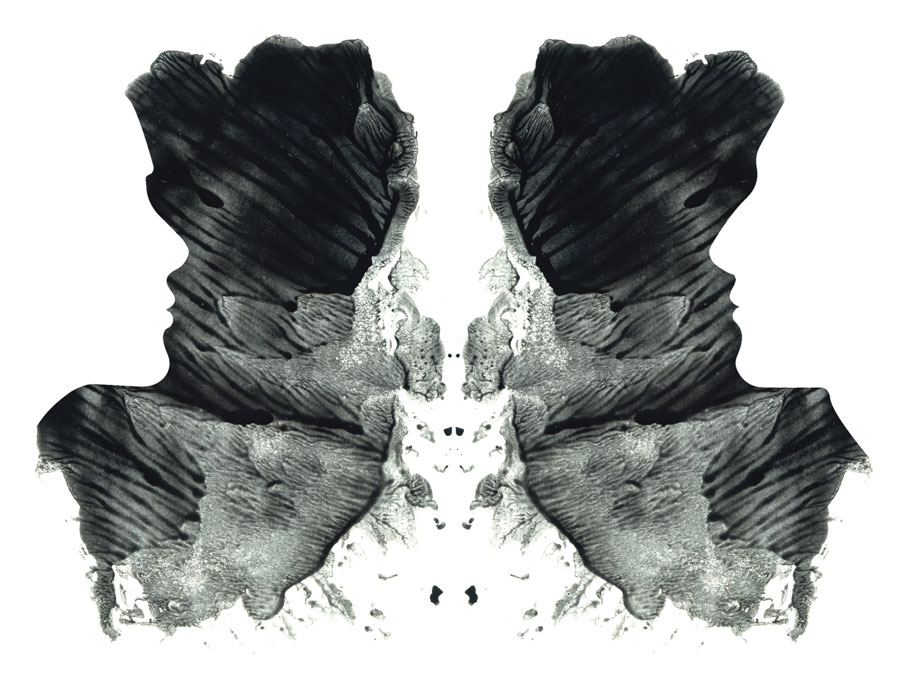Link Roundups feature articles and bits of internet goodness that our dramaturgy team digs up. If you find something you want to send our way, drop us a line on Facebook or Twitter!
♦♦♦♦♦
Joy Mead’s great article about unconscious bias for American Theatre is a must-read:
Implicit biases can lead us to interpret plays by female and nonwhite writers through the lens of our stereotypes, which can impair our ability to see them accurately. Scientists who study cognition have found that stereotypes prime us with expectations and assumptions, and then confirmation bias motivates us to focus on anything that confirms our preconceptions and overlook the rest.
There are regular examples of this dynamic in theatre. For example, in a recent Boston Globe review of A. Rey Pamatmat’s Edith Can Shoot Things and Hit Them at Company One Theatre, critic Jeffrey Gantz wished the Filipino-American characters’ “culture [was] on display” and complained “it seems odd they have no racial problems at school.” Gantz assumed the playwright’s identity was the most relevant context for his work and looked so hard for the play he expected that he missed the one actually before him. Playwright Mike Lew calls this phenomenon the “anthropological gaze,” noting that it can be a serious obstacle to production. “How do you distinguish the singularity of your voice when your voice isn’t really being heard to begin with?” Lew asks.
♦♦♦♦♦
Speaking of A. Rey Pamatmat, his recent 2amt post is also another good read about representation on stage:
If you’re telling me the only way to preserve an enduring work of art is by performing it in a way that is racist and outdated, then you’re telling me that white supremacy is so central to the work that it’s not an enduring piece of art. Enduring art can be revisited and reconceived to speak to people of a different time and in a different context than the ones in which it was created — you know, it can endure. Frankly, I don’t believe white supremacy is so central to the works of Gilbert and Sullivan or to The Mikado specifically that it’s reworking would mean nothing of value would be left in the show. It could be produced in a way that speaks to the broader audience of people that make up New York theatregoers. The most important thing to preserve in The Mikado is not the fact that it was conceived from ideas of white supremacy in a time and place of unchallenged white supremacy. The important things to preserve are catchy tunes and some poo jokes.
